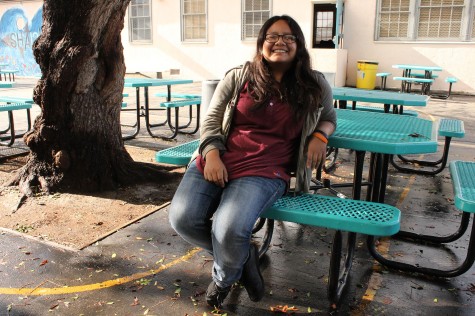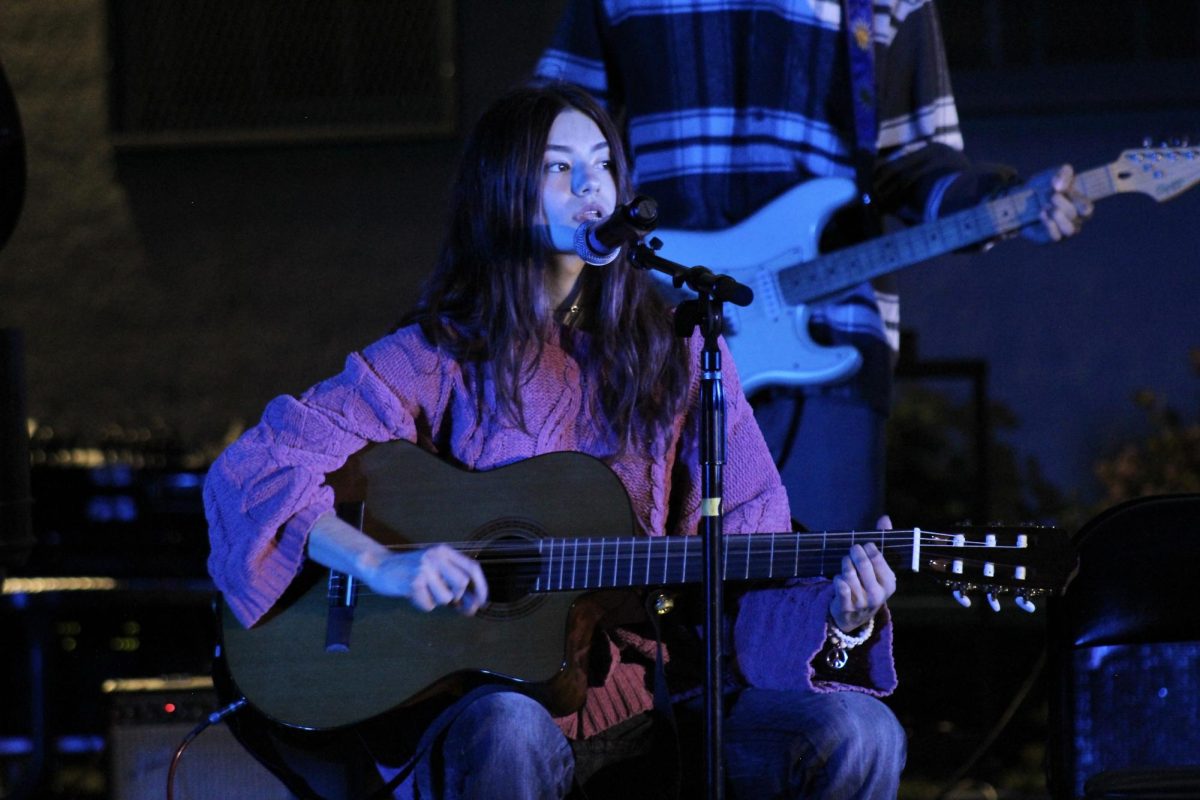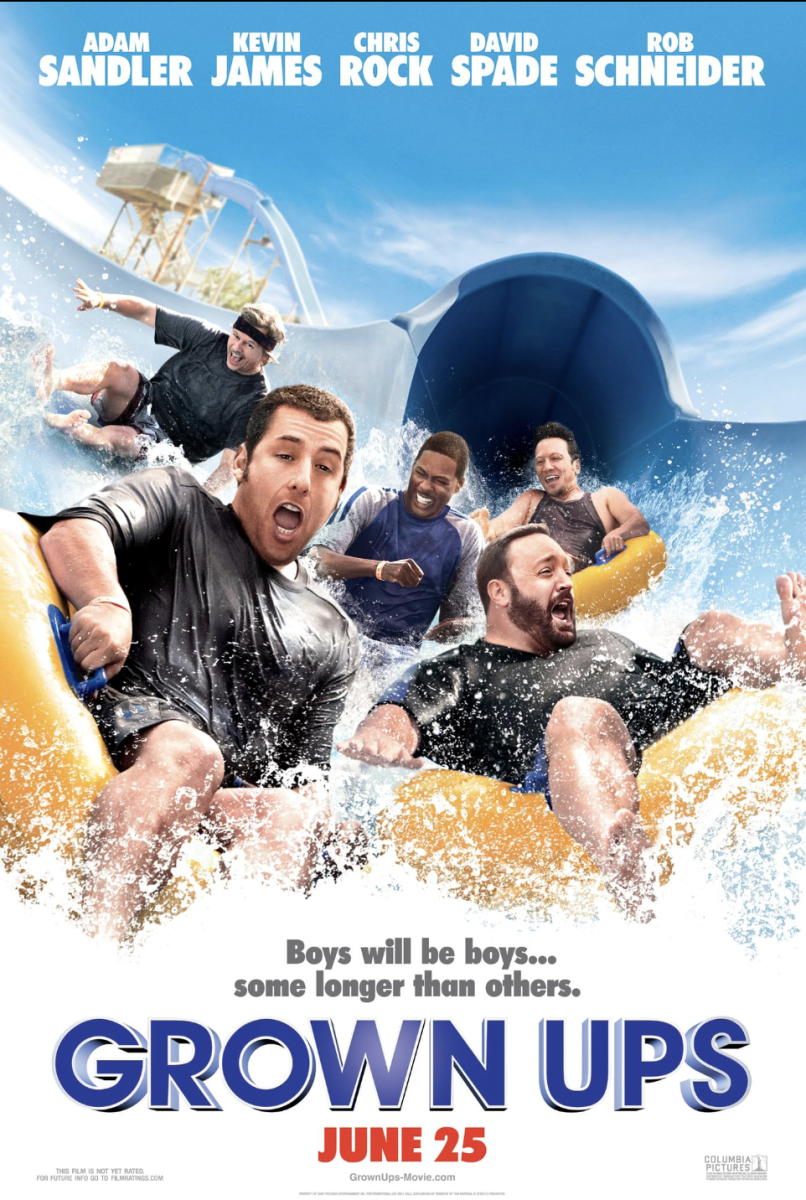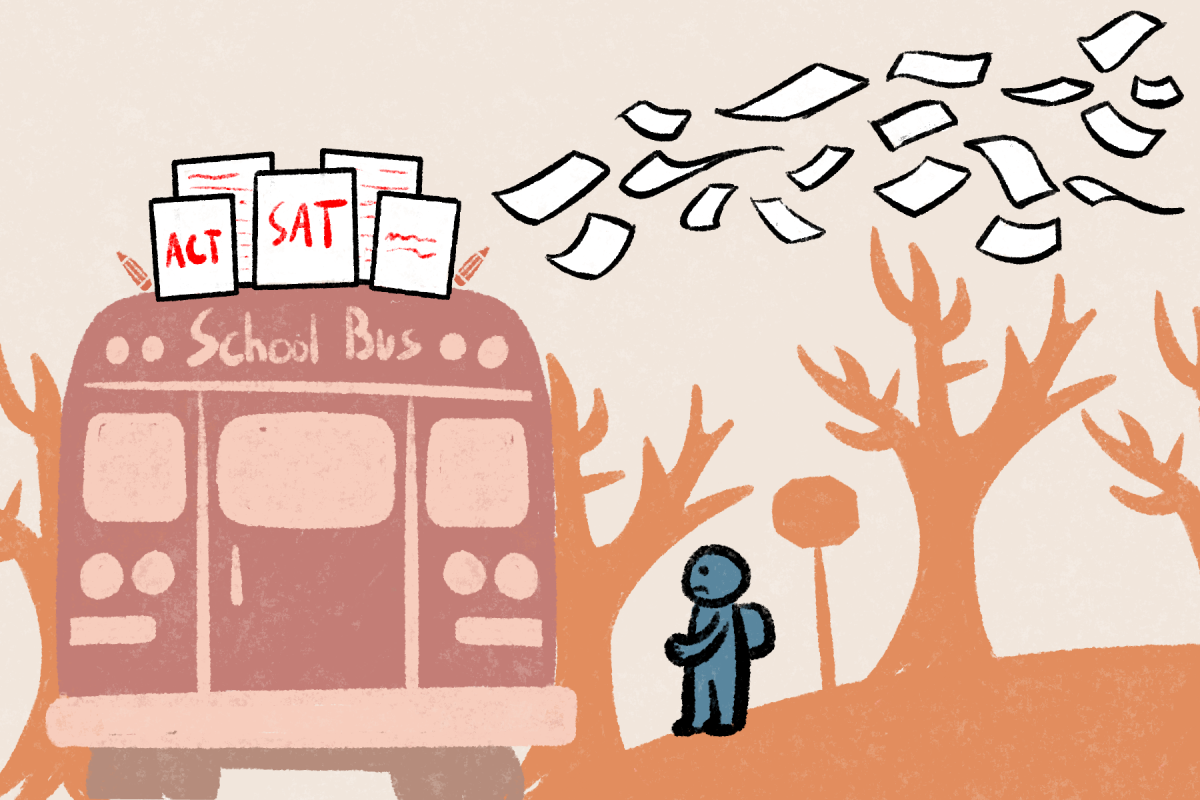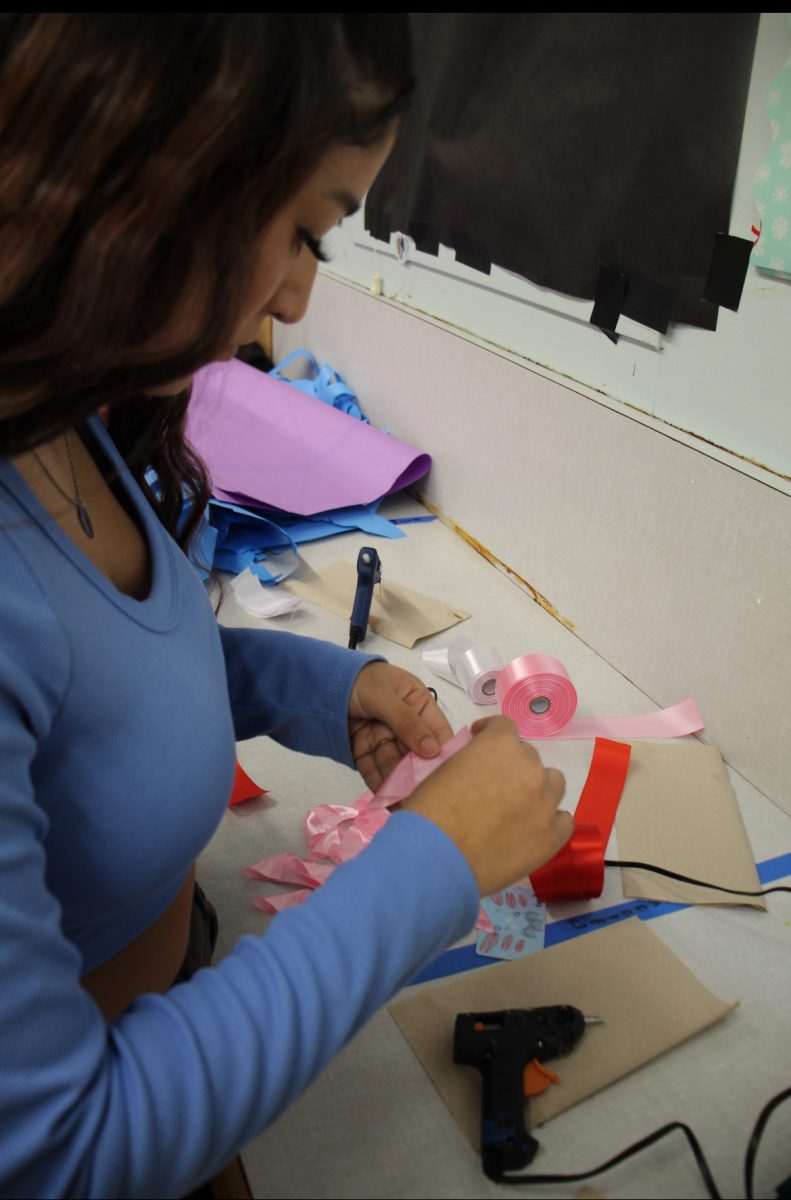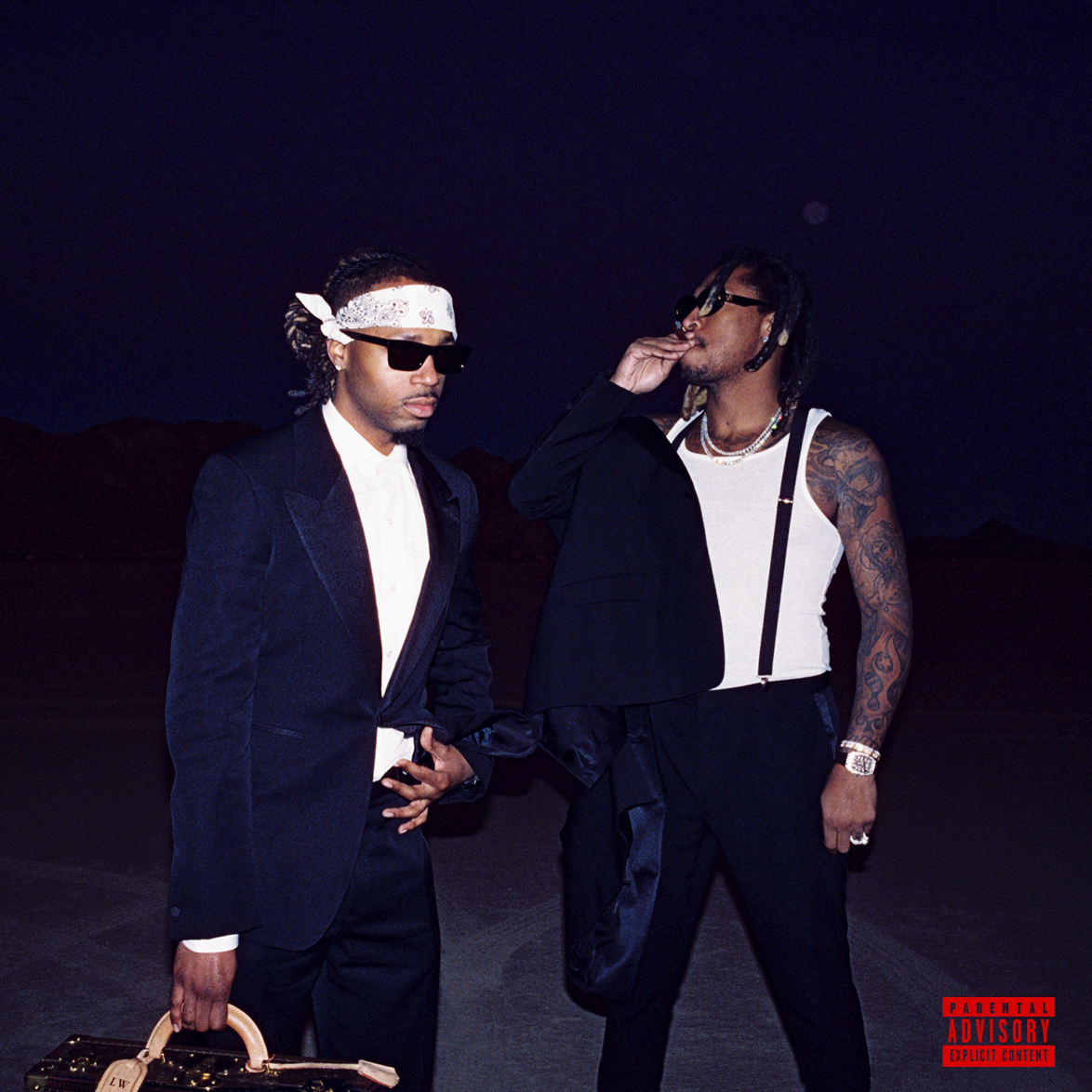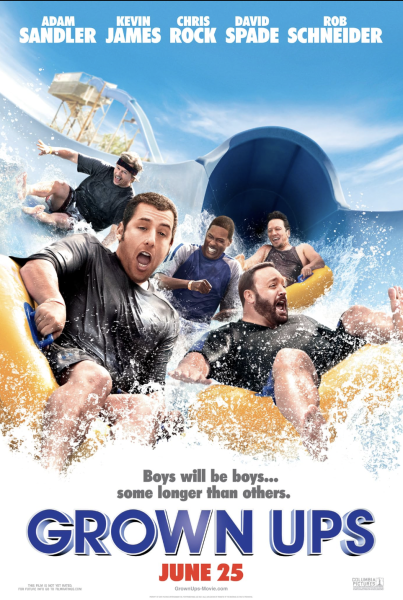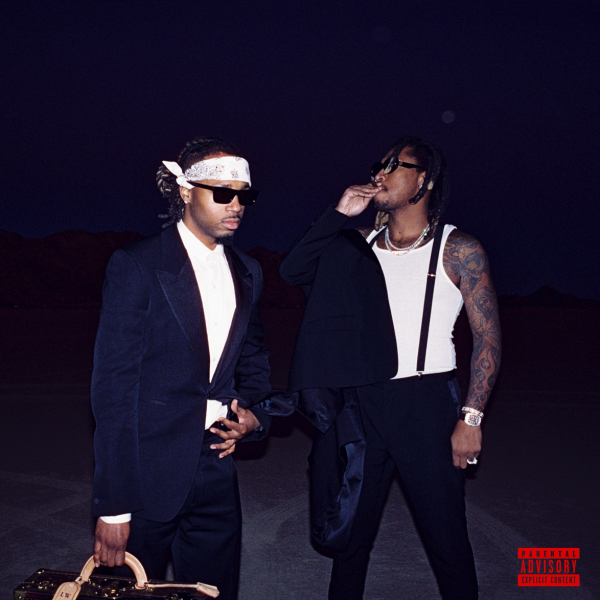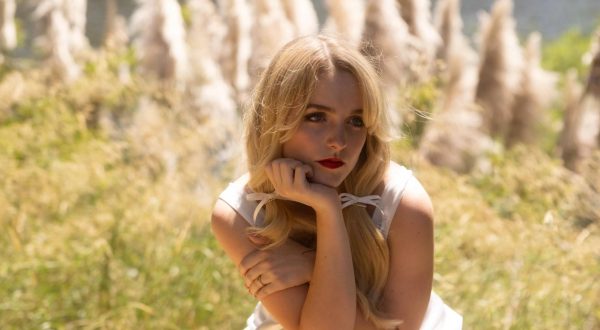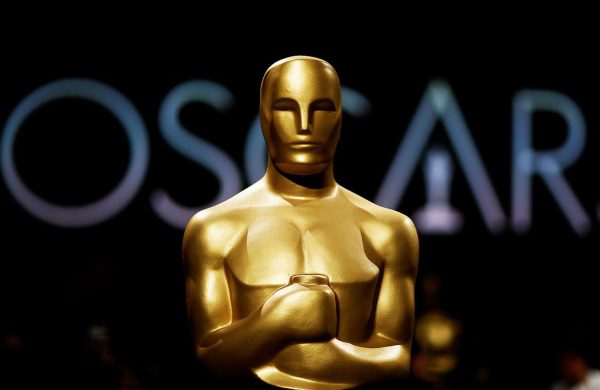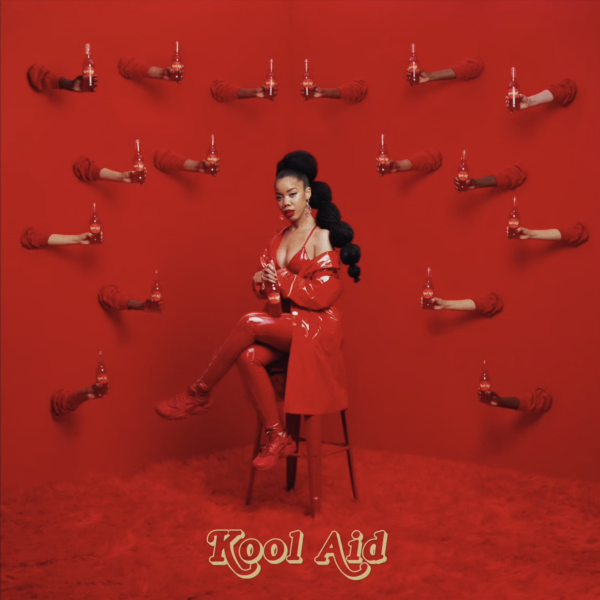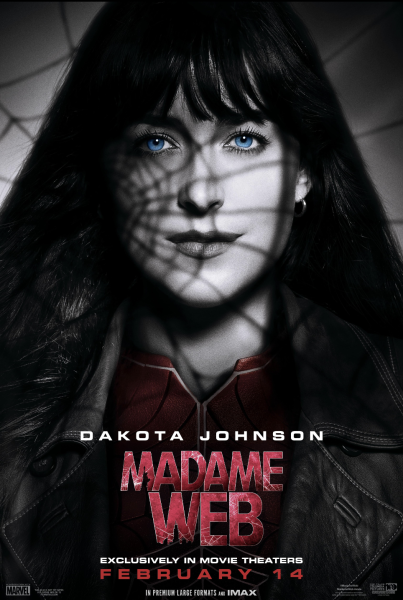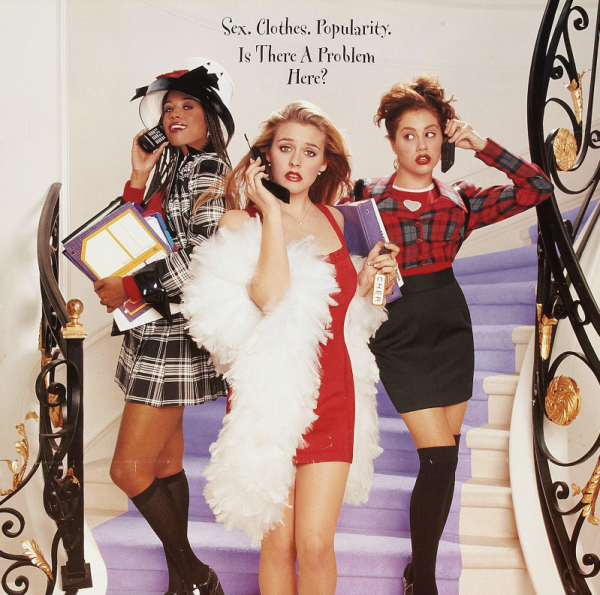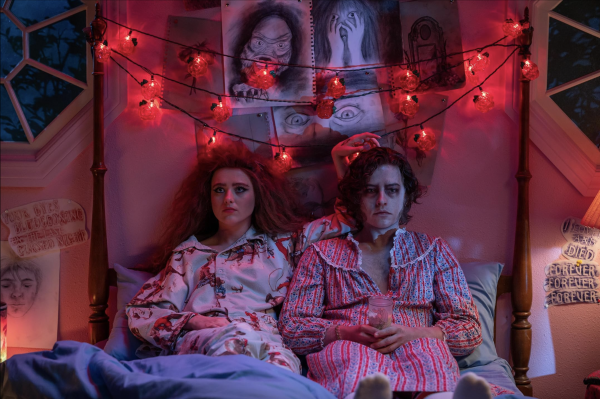Movie Review: ‘The DUFF’ is a guilty pleasure of high school clichés
February 25, 2015
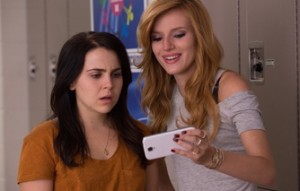
I don’t have Tumblr but my older sister does and it was through her that I was able to have the opportunity to watch “The DUFF” a week before it was released in theaters.
“The DUFF” early screening was hosted at the iPic Theatres near Westwood on Feb. 11. The event was a total of four hours long and consisted of the movie followed by a Q&A with Mae Whitman, who plays Bianca, and Robbie Amell, who plays Wesley.
The free screening was sponsored by Tumblr and drew in many Tumblr users who could post and blog about the movie. Everyone attending was given free lemonade, popcorn and Tumblr sweatshirts.
“The DUFF” focuses on a teen girl Bianca who finds out that she is the DUFF (Designated Ugly Fat Friend) of her two best friends Casey (Bianca A. Santos) and Jess (Skyler Samuels). She asks her neighbor and childhood friend Wesley (Robbie Amell) to help her get rid of the title and attract the attention of her crush Toby, (Nick Eversman). The rest of the plot was fairly basic and predictable as Bianca found and discovered herself.
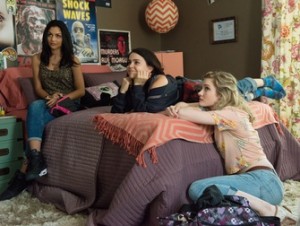
When the movie began, my ears were greeted with the familiar introduction many movies that have been adapted from books begin with: narration. Right away I knew the movie was going to be a cliché teen movie, or chick flick. And it was. The plot was familiar and I could easily predict what was going to happen throughout the movie.
Despite this major setback, there were actually many good and enjoyable aspects about the movie that allowed me to overlook the negative. One of the things I liked in the beginning was that a stereotype was addressed about teens and it was debunked. Although, later on the stereotypical “bad guy” is introduced and is nothing more than his stereotype.
The best two things about the PG-13 movie, was how funny and relatable Bianca was. Bianca’s awkwardness and naturalness was refreshing in this kind of movie.
“I just couldn’t remember my lines one day,” Amell said, “We just had a lot of fun, we had a lot of free range with this script.”
In the beginning I was afraid that DUFF might catch on due to its meaning and how it might be portrayed in the movie. But the negative meaning behind DUFF was taken away by the end of the movie- another cliché- which was reassuring.
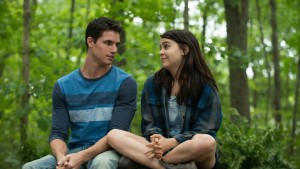
The main actors themselves wanted to give their support to teens who’ve might have been through a similar ordeal as Bianca.
Amell stated that his goal for the movie was to make a very real story and just not talk down to anybody.
“I’ve always sort of felt like an outsider and placed in a box,” Whitman said. “I wanted to communicate that I feel that and have felt that.”


